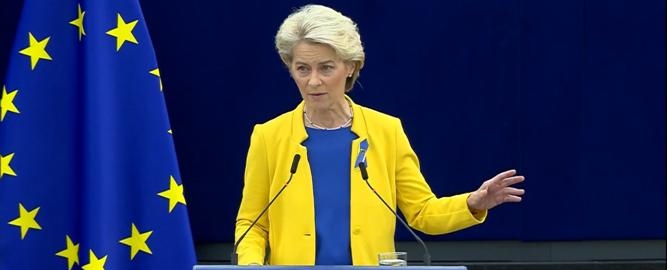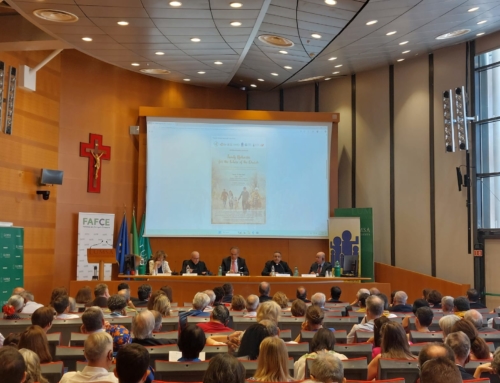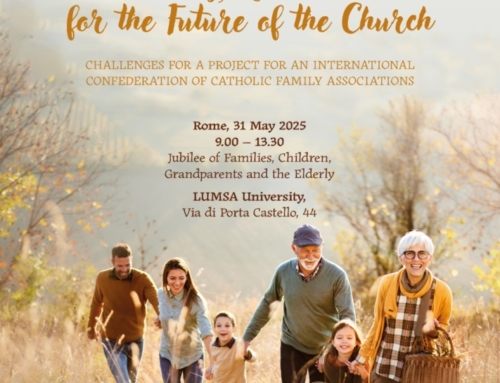14 September 2022,
The President of the European Commission, Ursula von der Leyen, adressed this morning the European Parliament in Strasbourg to present her 2022 State of the Union, focused this year on the war in Ukraine and the EU energy autonomy.
War in Ukraine
President von der Leyen reiterated the EU support to Ukraine, and praised the courage of Ukrainian citizens: “Europe’s support for Ukraine will be unshakable. The sanctions are here to stay, it is not time for appeasement. The same is true for our support to Ukraine.” This support will include “the rehabilitation of Ukrainian destroyed schools, with 100 million euros of EU funds”, along with the inclusion of Ukraine in the EU free roaming area, and a “seamless access to the EU single market”. Most importantly, she stressed the urgent need to stop the energy dependency of Europe to Russia: “We have to diversify away for Russia, and import from USA, Norway and Algeria”.
President von der Leyen also opened the door to the accession of Ukraine to the EU, along with Moldova and Georgia: “you are part of our family, you are the future of our Union. Our Union is not complete without you”.
Rising energy prices and poverty
Moving away for the EU foreign policy level, she tackled the impact of the increase in energy prices on European citizens. “The moments ahead of us will not be easy, be it for families who are struggling to make ends need, or business who are facing tough choice for the future.” She pressed Members of the European parliament to “think about the mothers and fathers in Europe”, having to leave earlier for work to benefit from lower energy prices, and “single parents facing one daunting electricity bills after the other”. The European Commission therefore proposed as a temporary measure a “a cap in the revenues of companies that produce energy at low cost. Profit must be challenged to those needing it the most.” President von der Leyen also encouraged the reform of the electricity market in favour of renewable energies.
Tackling the post-pandemic recovery, she stressed the importance of the good use of the Next generation EU funds: “Let’s rediscover the Maastricht’s spirit: stability and growth can only go hand in hand.” In that perspective, she mentioned the need to invest in higher education, and announced that “the year 2023 will be Europe’s year of education and training.”
Democracy in Europe and the world
President von der Leyen also reiterated the EU commitment for democracy and the protection of the “EU values” in Europe, with the upcoming presentation by the Commission of a Defense for Democracy Pact to fight foreign interference for disinformation purposes. She also recalled the conditionality rule – the conditionality of EU grants to the respect of the EU values – to ensure the rule of law and fight corruption in Europe.
Last Summer, in Taizé, President von der Leyen spoke about those European values quoting Pope Emeritus Benedict XVI, in his address to the German Bundestag. He concluded his speech – she recalled – describing the fundamental values that define Europe’s cultural heritage: “The idea of human rights, the idea of the equality of all people before the law, the recognition of the inviolability of human dignity in every single person, and the awareness of people’s responsibility for their actions.”
Revision of the EU treaties
To conclude, President von der Leyen recalled the responsibility of Europe for its next generations: “We should do no harm to our children’s future and leave it a better place for the next generation. It is time to enshrine solidarity between generations in our treaties.” She announced that “it is time for a European Convention”, aiming to revise the EU Treaties. It also raises the question of a change in the voting system within the European Council, which could move from unanimity to qualified majority, thus questioning the representation of all Member-States within the Council.









